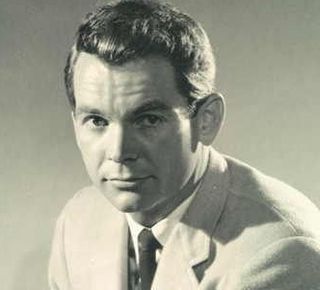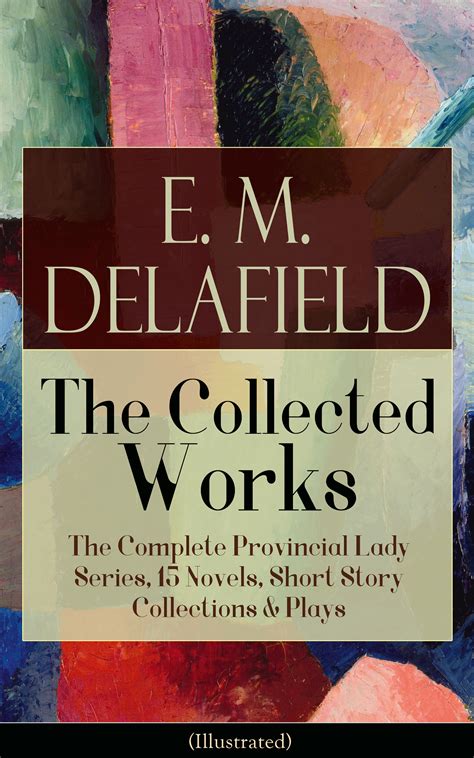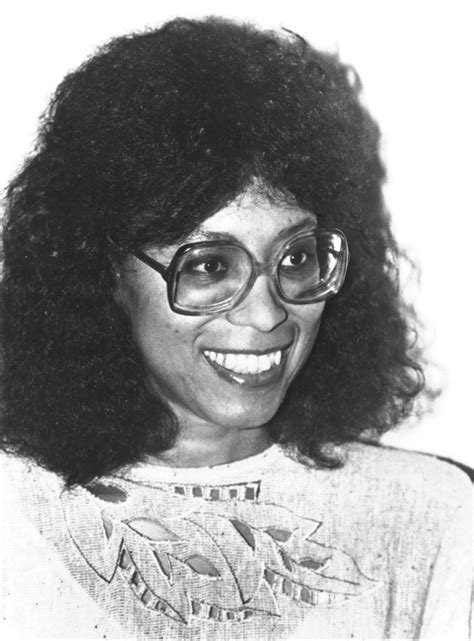A Quote by Milan Kundera
She regarded books as the emblems of secret brotherhood. A man with this sort of library couldn't possibly hurt her.
Related Quotes
In Tereza’s eyes, books were the emblems of a secret brotherhood. For she had but a single weapon against the world of crudity surrounding her: the novels. She had read any number of them, from Fielding to Thomas Mann. They not only offered the possibility of an imaginary escape from a life she found unsatisfying; they also had a meaning for her as physical objects: she loved to walk down the street with a book under her arm. It had the same significance for her as an elegant cane from the dandy a century ago. It differentiated her from others.
[Keeping kosher was] the symbol of an initiation, like the insignia of a secret brotherhood, that set her apart and gave her freedom and dignity. Every law whose yoke she accepted willingly seemed to add to her freedom: she herself had chosen . . . To enter that brotherhood. Her Judaism was no longer a stigma, a meaningless accident of birth from which she could escape . . . It had become a distinction, the essence of her self-hood, what she was, what she wanted to be, not merely what she happened to be.
She was made up of more, too. She was the books she read in the library. She was the flower in the brown bowl. Part of her life was made from the tree growing rankly in the yard. She was the bitter quarrels she had with her brother whom she loved dearly. She was Katie's secret, despairing weeping. She was the shame of her father stumbling home drunk. She was all of these things and of something more...It was what God or whatever is His equivalent puts into each soul that is given life - the one different thing such as that which makes no two fingerprints on the face of the earth alike.
Her library would have been valuable to a bibliophile except she treated her books execrably. I would rarely open a volume that she had not desecrated by underlining her favorite sections with a ball-point pen. Once I had told her that I would rather see a museum bombed than a book underlined, but she dismissed my argument as mere sentimentality. She marked her books so that stunning images and ideas would not be lost to her.
The door closed behind her (Phoebe), and the two men regarded each other for a moment. Viktor spoke first. "I must have your promise, Coach, that you won't hurt her." Dan: "I won't." Viktor: "You spoke a little too quickly for my taste. I don't quite believe you." Dan: "I'm a man of my word, and I promise I won't hurt her." He flexed his hands. "When I murder her, I'll do it real quick so she won't feel a thing." Viktor sighed. "That's exactly what I was afraid of.
I started reading seriously at seven or eight, books about myths and legends, the Narnia series. By the time I was 11, I had read all the children's books in my local library, so I moved on to 'Jane Eyre.' What I loved about Jane Eyre was that she didn't rely on her looks but her character. She had a spirit nobody could break.
I remember one letter from a girl in a midwestern town who read one of my books and thought she had discovered it- that no one had ever read it or knew about it. Then one day in her local library she found cards for one or two of my other books. They were full of names- the books were borrowed all the time. She resented this a bit and then walked around the town looking in everybody's face and wondering if they were the ones who were reading my books. That is someone I write for.



































